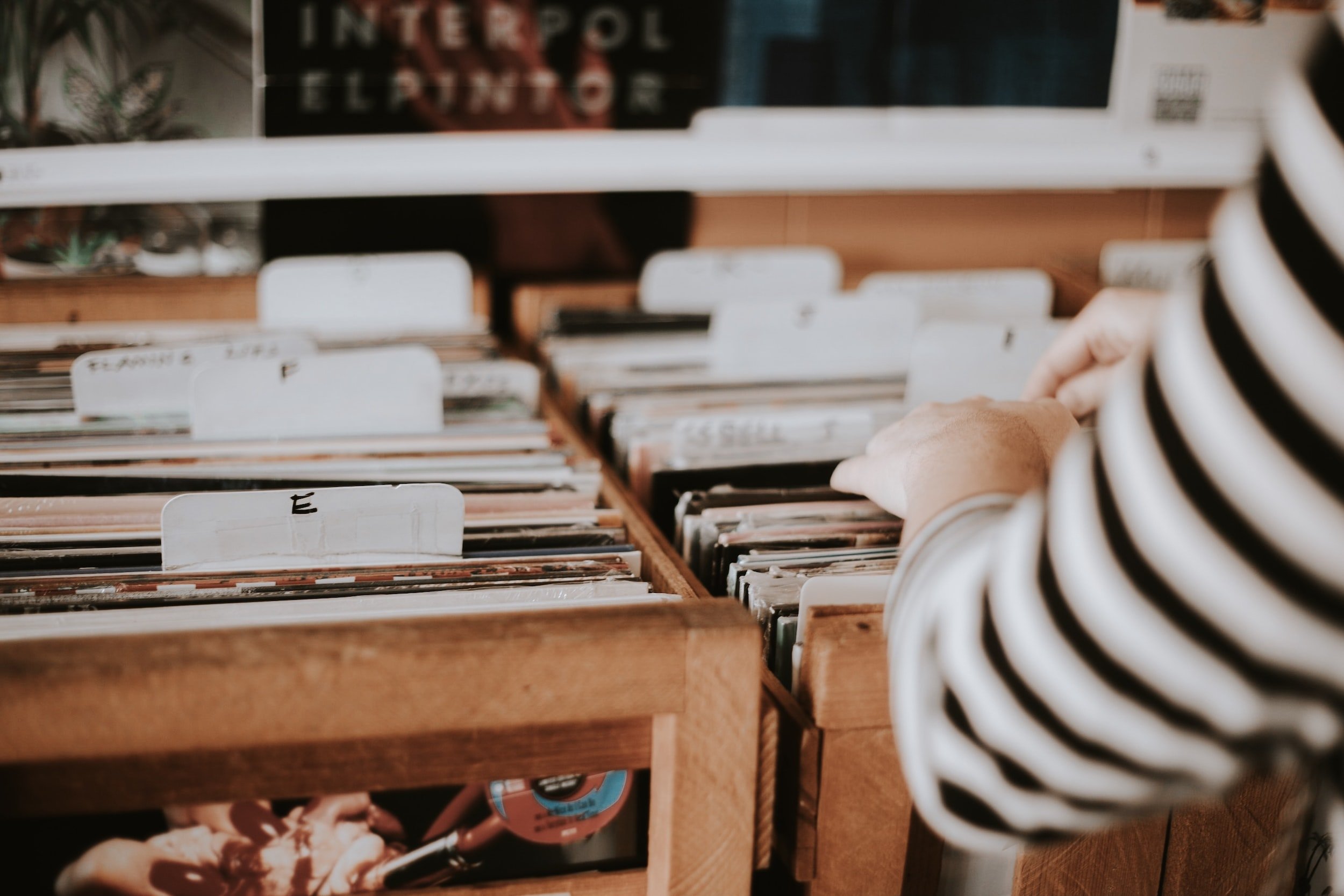
Music Therapy
-
What is Music Therapy?
Music therapy is an evidence-based and non-pharmacological therapy facilitated by professionally trained Registered Music Therapists (RMT) to address physical and mental health goals. We recognise the powerful effect of music on our health and well-being which set up the foundation of music therapy work to enhance people's quality of life (AMTA, 2023).
To find out more about Music Therapy, please visit https://www.austmta.org.au/about-us/what-is-mt/ .
-
What is a Registered Music Therapist (RMT)?
A registered Music Therapist (RMT) is a music therapist who completes a certified university music therapy course and is registered with Australian Music Therapy Association (AMTA). This means RMT are required to follow a code of ethics and professional standards including mandatory continuing professional development (CPD) to maintain an RMT registration.
What are the benefits of participating in Music Therapy?
There are MANY! The common goals in music therapy could be:
Developing social communication skills
Emotional regulation skills
Connecting identity
Experience positive engagement
Physical and cognitive skills including speech and language skills
Reduce stress and anxiety.
More often for participants who are in an acute setting, their common goals could be:
Reducing isolation
Increasing motivation
Increasing meaningful engagement
Pain management
Forster positive parent-child bonding
Who will benefit from Music Therapy?
Music Therapy is accessible for all ages and abilities regardless of culture and religion.
It can be provided in different contexts such as:
Autism
Global Developmental delay
Cancer
Mental health illness
Acute health conditions
Palliative Care
Dementia
Brain and spinal injury and more.
You may find music therapy services in:
Hospitals (NICU/SCN, Caner, NeuroRehab wards etc.)
Aged care facilities
Schools
Community health centres
Private practices
Prison and detention centres
Disability facilities.
What can I expect during the session?
Music is a very unique tool that will activate our whole brain.
You may have read some of the goals that we listed earlier. But every individual is different when engaging with music.
There are four main music therapy techniques we use in sessions which include improvisation, composition, re-creation and receptive methods.
Here are some general ideas for you:
-
• Forster positive parent-child attachment through healthy and interactive use of music.
• Experience positive engagement as a family
• Developing language skills through engaging in song singing and listening activities.
• Developing social skills through turn-taking, diaglogue in instrument playing and responding to musical cues.
• Improve fine motor and gross motor skills through movement, instrument playing and dancing activities.
• Enhance emotional expression and regulation through both structured activities and creative free musical exploration with supported opportunities to identify and express emotions and related events.
-
• To support relaxation and emotional wellbeing through increasing active music listening with creating a unique playlist and guided music traveling.
• Explore and express emotions and thoughts to build relationships with self through guided structured musical interventions and free musical improvisation.
• Reduce isolation and improve mood and motivation through exploring meaningful musical engagement to increase community participation.
• Connecting with families member with the role of carer through shared musical experience.
-
Do I need to know any instruments?
You don’t need any musical skills to participate in or benefit from music therapy.
Registered music therapists plan and support you to have musical experiences together based on your needs and personal goals.
-
Can I use my NDIS funding for Music Therapy?
Music Therapy is funded by NDIS capacity building funds. If you are an NDIS participant, please note that we can only provide services to self-managed or plan-managed participants as we are not an NDIS provider.
For NDIA-managed participants, please discuss with your support coordinator if you wish to access music therapy.
AMTA Disability Evidence Summary
For some older adults, you may access Music Therapy through your Home-Care Package funds. Please get in touch for more information.
Our Services
-

Individual sessions
One-to-one support for your personal goals and needs.
-

Group sessions
Connecting with a like-minded community.
-

Partner with us
Support your staff and clients with collaborative projects, in-service training and well-being workshops tailored to your setting.

